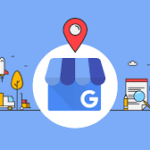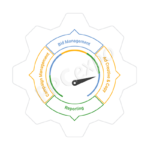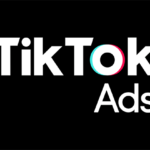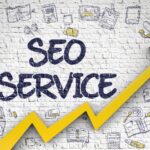Business-to-business (B2B) and business-to-consumer (B2C) marketing operate within the same overarching universe of advertising. However, they employ distinct strategies, approaches, and tactics tailored to their unique audiences. Here we’ll dive into the key differences that set these two apart.
The Basics of B2B Marketing
B2B marketing (business-to-business marketing) revolves around companies promoting their products or services to other businesses. Central to this form of marketing is a compelling value proposition that underscores benefits like cost savings, efficiency, and enhanced productivity. B2B transactions are known for their longer sales cycles due to the complexities and higher stakes involved.
The emphasis here is on building and nurturing lasting relationships. This involves leveraging a mix of content marketing—from whitepapers to webinars—to showcase expertise and guide decisions. Efficient lead generation methods like SEO, PPC, and email marketing are crucial, as is the ability to segment customers to tailor campaigns to specific needs.
Despite the dominance of digital platforms, a holistic B2B marketing approach also incorporates traditional channels like trade shows and direct mail, ensuring comprehensive outreach.
The Basics of B2C Marketing
B2C marketing (business-to-consumer marketing) involves companies promoting products or services directly to individual customers. At its core, B2C marketing seeks to tap into personal emotions, aspirations, and immediate needs.
Given its target audience, the sales cycles in B2C are generally shorter, with decisions often influenced by brand storytelling, advertisements, and peer recommendations. Content in B2C marketing tends to be more relatable and engaging, using mediums like social media, TV commercials, and influencer partnerships. Effective B2C campaigns segment their audience based on demographics, purchasing behaviors, and interests, crafting personalized messages for maximum impact.
While digital platforms, especially e-commerce and social media, dominate the B2C landscape, traditional channels like in-store promotions and print ads still play a significant role in capturing consumer attention.
The Key Differences Between B2C and B2B Marketing
Business-to-business (B2B) and business-to-consumer (B2C) marketing operate within the same overarching universe of advertising. However, they employ distinct strategies, approaches, and tactics tailored to their unique audiences. This article delves into the key differences that set these two realms apart.
| Aspect | B2B Marketing | B2C Marketing |
|---|---|---|
| Target Audience | Other businesses | Individual consumers |
| Purchase Motivation | ROI, efficiency, business benefits | Emotions, aspirations, needs |
| Sales Cycle | Longer, complex decisions | Shorter, direct impact |
| Relationship Dynamics | Long-term, trust-centric | Transactional, loyalty-driven |
| Messaging & Content | Informative, detail-oriented | Emotional, storytelling |
| Channels of Distribution | Trade shows, email, LinkedIn | Social media, TV ads, influencers |
1. Target Audience
B2B marketing targets other businesses. The focus is on organizations, which means marketing strategies must appeal to multiple decision-makers within a company. B2C marketing targets individual consumers. These strategies focus on appealing directly to a person’s wants, needs, and personal preferences.
2. Purchase Motivation
B2B purchasing decisions are driven by the potential for return on investment (ROI), operational efficiency, and long-term business benefits. The decision-making process is typically longer and more complex. On the other hand, B2C purchasing decisions are influenced by emotions, aspirations, and personal needs. These decisions are often made quickly and can be impulsive.
3. Sales Cycle
The B2B lead flow and sales cycle is generally longer. This is because of the complexity of products/services, the higher cost, and the involvement of multiple stakeholders. The sales cycle in B2C is usually shorter, with consumers making quicker decisions on products or services that impact their personal lives directly.
4. Relationship Dynamics
B2B marketing emphasizes building long-term relationships. Regular interactions, post-sales support, and continuous engagement are crucial. Trust and credibility are of utmost importance. While brand loyalty is sought after, the relationship is often transactional when it comes to B2C marketing However, excellent customer service and quality products can foster long-term loyalty.
5. Messaging and Content
B2B content is more informative and detail-oriented. There’s an emphasis on expertise, product specifications, case studies, and whitepapers. Messaging is more emotional and aims to create a connection with the consumer in B2C. Storytelling, user-generated content, and relatable narratives are common.
6. Distribution Channels
B2B relies heavily on trade shows, industry events, email marketing, and LinkedIn for lead generation and relationship building. B2C marketing leverages social media platforms, TV and radio advertisements, influencer collaborations, and point-of-sale promotions.
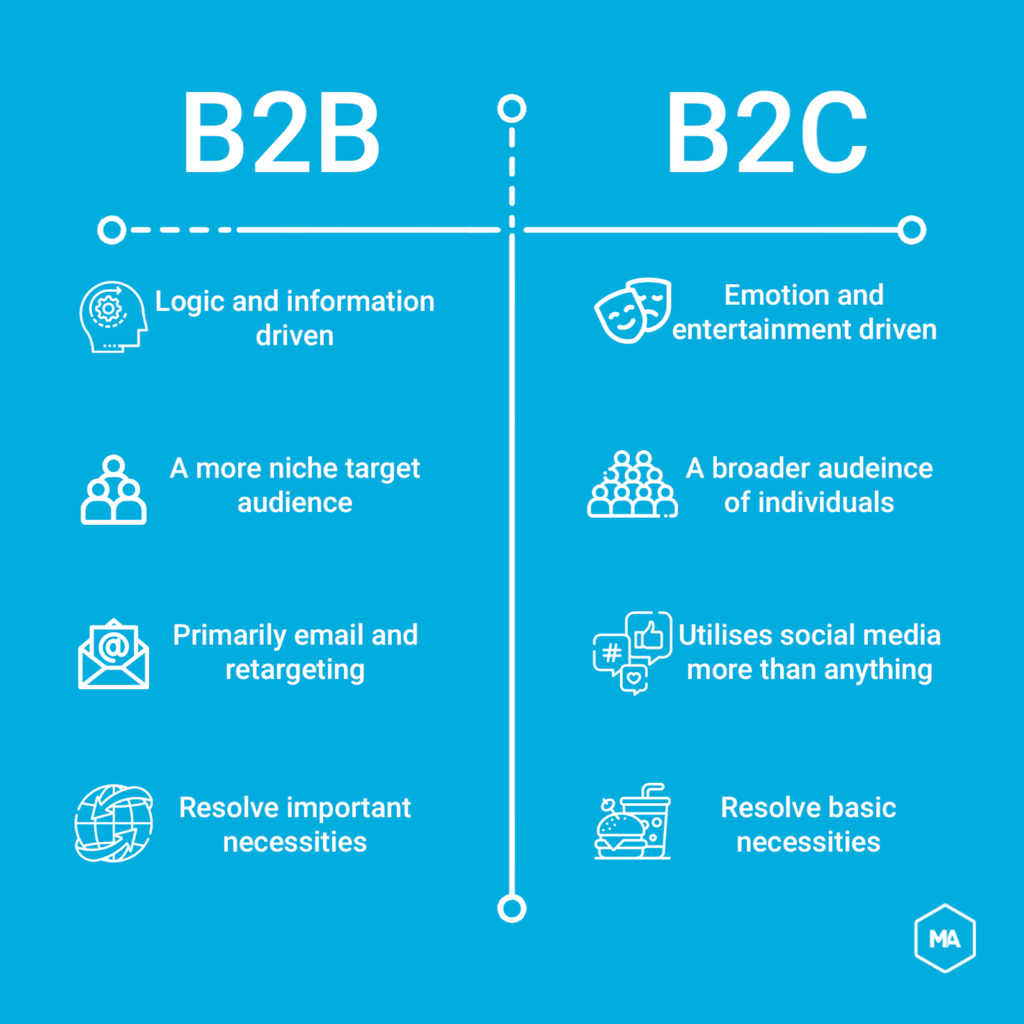
https://www.martechalliance.com/stories/b2b-vs-b2c-content-marketing
Tips for Effective B2C Marketing
Here are some helpful tips and insights for effective B2C marketing that works:
- Understand Your Audience: Conduct market research to gather insights about your target demographics. Understand their preferences, pain points, and buying behaviors to tailor your marketing strategies.
- Emotional Storytelling: Engage consumers with compelling stories. Emotional narratives can resonate more deeply, encouraging a connection with your brand and driving purchasing decisions.
- Leverage Social Media: Utilize platforms like Instagram, Facebook, TikTok, and Pinterest to engage with audiences. Regular posts, interactive content, and advertising on these platforms can boost brand visibility and sales.
- Incorporate User-Generated Content (UGC): Encourage customers to share their experiences with your products. Reviews, testimonials, and user-shared photos/videos can act as authentic endorsements, building trust with prospective buyers.
- Mobile-First Approach: Ensure your website and campaigns are optimized for mobile devices. With an increasing number of consumers shopping and browsing on smartphones, a mobile-friendly interface is crucial.
- Offer Personalized Experiences: Use data analytics and AI tools to segment your audience and tailor content, offers, and ads to individual preferences. Personalized experiences often lead to higher conversion rates.
- Prompt and Effective Customer Service: Quick response to customer queries, complaints, or feedback can lead to increased loyalty and positive word-of-mouth. Consider employing chatbots, live chat, and social media monitoring to enhance service efficiency.
By integrating these tips into your B2C marketing strategy, you can enhance brand awareness, foster customer loyalty, and drive sales more effectively.
Tips for Effective B2B Marketing
Here are seven tips for effective B2B marketing that actually impacts the bottom line and moves the needle for your company:
- Deep Industry Knowledge: Stay informed about industry trends, challenges, and innovations. Demonstrating expertise not only establishes credibility but also assures potential clients that you understand their specific needs.
- Content is King: Develop high-quality, informative content like whitepapers, case studies, and webinars. This showcases thought leadership and offers tangible value to potential clients, guiding them through the decision-making process.
- Nurture Relationships: B2B sales cycles are longer, so focus on building and maintaining relationships. Use tools like CRM (Customer Relationship Management) systems to track interactions and tailor future engagements.
- Leverage LinkedIn and Professional Networks: LinkedIn is a goldmine for B2B marketers. Regular posts, sponsored content, and participation in industry-specific groups can significantly boost visibility and lead generation.
- Email Marketing: Though traditional, email remains a potent tool for B2B communication. Send out newsletters, product updates, and personalized content to engage potential and existing clients.
- Attend Trade Shows and Conferences: These events offer opportunities for direct interaction with potential clients, partners, and industry thought leaders. They also allow for live product demonstrations and immediate feedback.
- Adopt Account-Based Marketing (ABM): Instead of broadly targeting companies in an industry, ABM focuses on tailoring strategies for specific accounts or segments. This personalized approach can lead to higher conversion rates and stronger client relationships.
Don’t Make the Mistake of Thinking B2B and B2C Are the Same
In the wide world of marketing, B2B and B2C stand as two distinct pillars, each with its unique strategies, channels, and approaches. While B2B marketing emphasizes deep industry knowledge, relationship-building, and tailored content for business decisions, B2C focuses on emotional engagement, personal preferences, and swift consumer actions.
Despite these differences, the core goal remains consistent: to foster connections, build trust, and drive conversions. By understanding and effectively implementing the nuances of both marketing types, businesses can not only reach their target audience more effectively but also establish lasting and impactful relationships in their respective markets.

